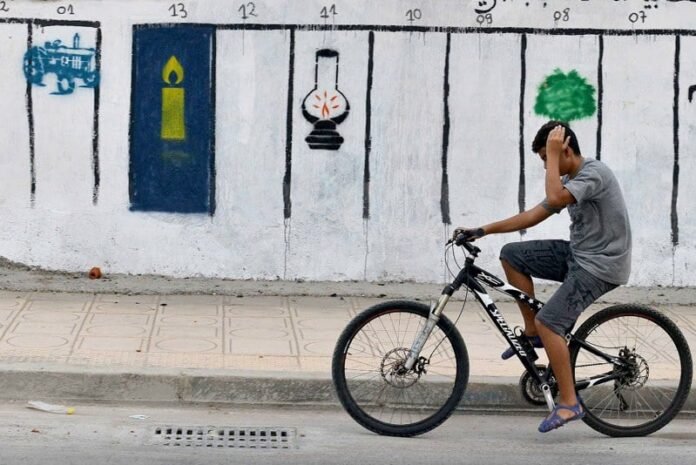Political Map at Stake
As Morocco intensifies preparations for the upcoming legislative elections, a crucial question arises regarding the representation of Moroccans living abroad, estimated at around 6 million people, who were not included in the 2024 General Population and Housing Census.
While the distribution of seats and constituencies within the national territory is being reviewed to ensure demographic balance, these citizens remain outside the equation, raising concerns about their continued exclusion from political decision-making. This gap not only affects their right to representation but also raises broader questions about the Moroccan electoral system’s ability to accommodate both national and international demographic shifts and to ensure inclusive participation for all Moroccans, whether inside the country or abroad.
Months before the elections, the issue of revising electoral boundaries has returned to the forefront of political debate in Morocco. Most political bodies have submitted proposals to the Ministry of Interior calling for a review of the current distribution of constituencies and seats, in response to demographic and economic changes revealed by the census.
Nevertheless, the issue remains fraught with questions: is the revision aimed at correcting a genuine representational imbalance, or is it an attempt to redraw the political map to serve the interests of specific parties?
Electoral Boundaries in Morocco: Technical Tool or Political Instrument?
In theory, electoral boundaries aim to ensure equal voting power by fairly distributing seats. In practice, they often become political tools used to rearrange power within Parliament and local councils.
The previous revision in 2021 sparked widespread debate, particularly with the calculation based on registered voters rather than valid votes, reducing the chances for larger lists while favoring smaller constituencies. Today, the 2024 census, reporting a population of 36.83 million, with 62.8% urbanized, intensifies demands to redistribute seats in a way that reflects demographic shifts, whether by adding seats in crowded cities or revising sparsely populated rural areas.
International Experiences: France and Spain
France: Demographic equality under judicial oversight
In France, electoral boundaries are a key pillar of democracy, adhering to the principle of equality before the vote. However, repeated attempts have been made to exploit the process politically, as in the 1986 Pascual redistricting, accused of benefiting the ruling party.
Judicial rigor and detailed publication of criteria have limited such deviations, making redistricting a subject of public debate and legal accountability, while maintaining minimum electoral fairness.
Spain: Territorial representation over numerical equality
In Spain, seat distribution is tied to the Constitution and decentralization. Each province is guaranteed at least two seats, regardless of population, with additional seats allocated based on population size. This creates a relative imbalance between major cities and rural areas but reflects a priority on territorial balance and protecting regional identities in a multicultural, multilingual country.
Lessons for Morocco
The French and Spanish experiences show that electoral boundaries are rarely completely neutral. Morocco faces a similar challenge today: how to balance demographic fairness with political calculations without letting one dominate the other.
Political Stakes: Winners and Losers
-
Major parties: seek large constituencies to maximize seat gains.
-
Minor parties: target specific constituencies to ensure representation, however limited, yet strategically crucial for Parliament formation.
Test of Political Legitimacy
The upcoming elections will test whether the new boundaries ensure fair competition and reflect popular will, or merely serve as a tool to redraw the political map.
Governance and Transparency: From Text to Reality
Morocco lacks an independent authority to oversee redistricting, leaving room for interpretation and manipulation. Compared to France and Spain:
-
Transparency and publication of criteria build trust.
-
Judicial or social oversight reduces the risk of political exploitation.
Without these mechanisms in Morocco, transparency and disclosure of detailed data are essential: why was a constituency modified? How are seats allocated? What impact on representation for women, youth, and less populated regions?
Conclusion: Opportunity or Test for Democracy
Electoral redistricting in Morocco is not merely technical; it is a test of the electoral system’s credibility and the institutions’ ability to balance demographic fairness with political considerations.
Handled transparently with broad participation, it can strengthen trust and ensure fairer representation. Otherwise, it remains a tool for redistributing power, with clear risks: voter abstention, party fragmentation, and erosion of confidence in elected institutions.


